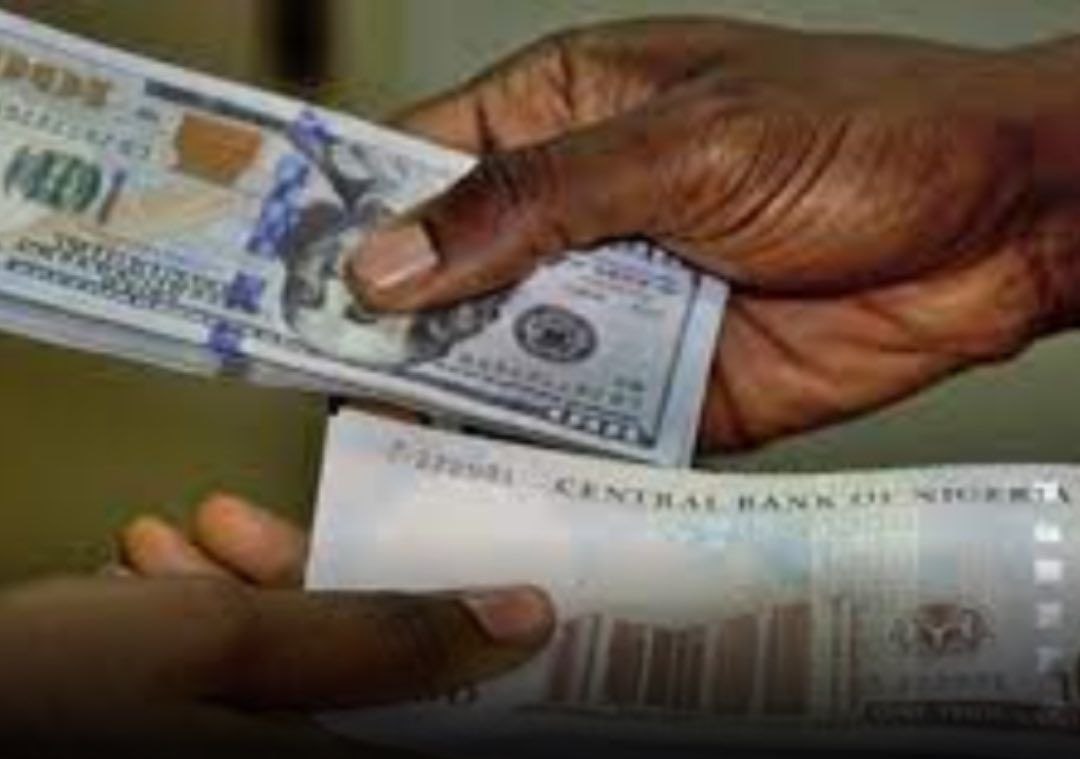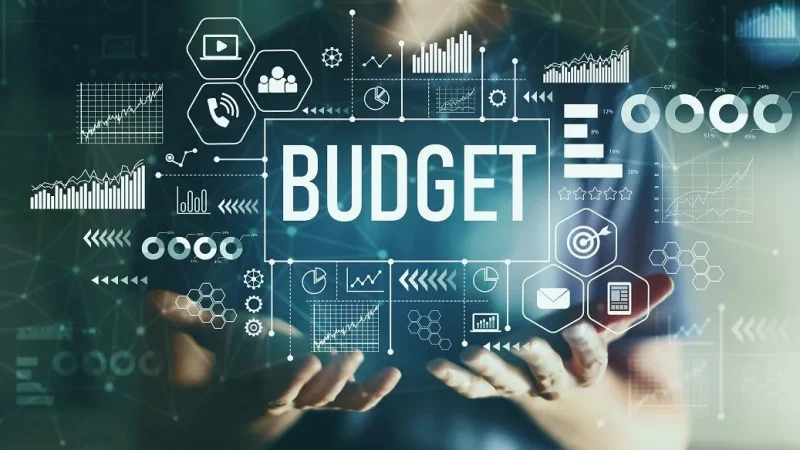Nigeria’s local currency, the naira, encountered renewed volatility in the unofficial foreign exchange market this week, as rising demand for the U.S. dollar, coupled with global economic shifts, sent the naira sliding to N1,565/$ at the parallel market — its lowest level in recent weeks.
The sharp depreciation reflects heightened speculation and seasonal pressure, especially from Nigeria’s upper-income earners seeking forex for summer travel. This comes despite relative stability at the official window.
According to data from the Central Bank of Nigeria (CBN) released on Thursday, the naira closed July at N1,533.5/$ at the Nigerian Foreign Exchange Market (NFEM), slightly weaker than the 1,529.71/$ it ended with in June.
The modest 0.25% decline suggests the official market remained largely steady, although the spread between the official and parallel rates widened to N30/$—a sign of underlying pressure on the system.
Earlier in July, the naira had briefly rallied to a four-month high of N1,518/$ on July 14, its strongest performance since March 14, 2025, following increased inflow of foreign exchange driven by recent CBN reforms and investor confidence.
However, by the end of the month, the local currency had retreated to the N1,530–N1,535/$ range on the NFEM.
Analysts say the pullback was triggered by both domestic demand and global factors, especially a surging U.S. dollar index, which has strengthened significantly due to renewed economic optimism in the U.S. and a hawkish stance by the U.S. Federal Reserve.
The U.S. dollar index surged nearly 3% in five days, approaching the psychological 100 mark, its highest in nearly two months.
This rally was buoyed by fresh U.S. economic data and the Federal Reserve’s decision to maintain interest rates, despite political pressure from President Trump to implement cuts.
In his remarks on Wednesday, Fed Chairman Jerome Powell confirmed a “wait-and-watch” approach, stressing the economy’s resilience and the central bank’s focus on curbing inflation.
This statement boosted investor confidence in the greenback and reduced expectations for a rate cut in September, dropping the odds to 43% from 63% earlier in the week.
The upcoming PCE Prices Index report, a key inflation measure, is expected to confirm rising inflation, with market consensus predicting a 2.5% annual rate, up from 2.3% previously. The sustained dollar strength has compounded the pressure on emerging market currencies like the naira.
Despite the current depreciation in the parallel market, experts say the naira has shown surprising resilience in the first seven months of 2025, following policy reforms by the CBN aimed at stabilizing the forex market and boosting investor inflow.
A report by United Capital Research expressed cautious optimism, forecasting that the naira could close the year within the N1,490–N1,520/$ range—provided investor sentiment remains positive and fiscal pressures are managed.
Still, international investment firm Renaissance Capital warned that the naira could face a 26% depreciation, referencing its historical Real Effective Exchange Rate (REER) trends.
The firm urged Nigerian authorities to maintain strict fiscal and monetary coordination to avoid prolonged currency weakness.





